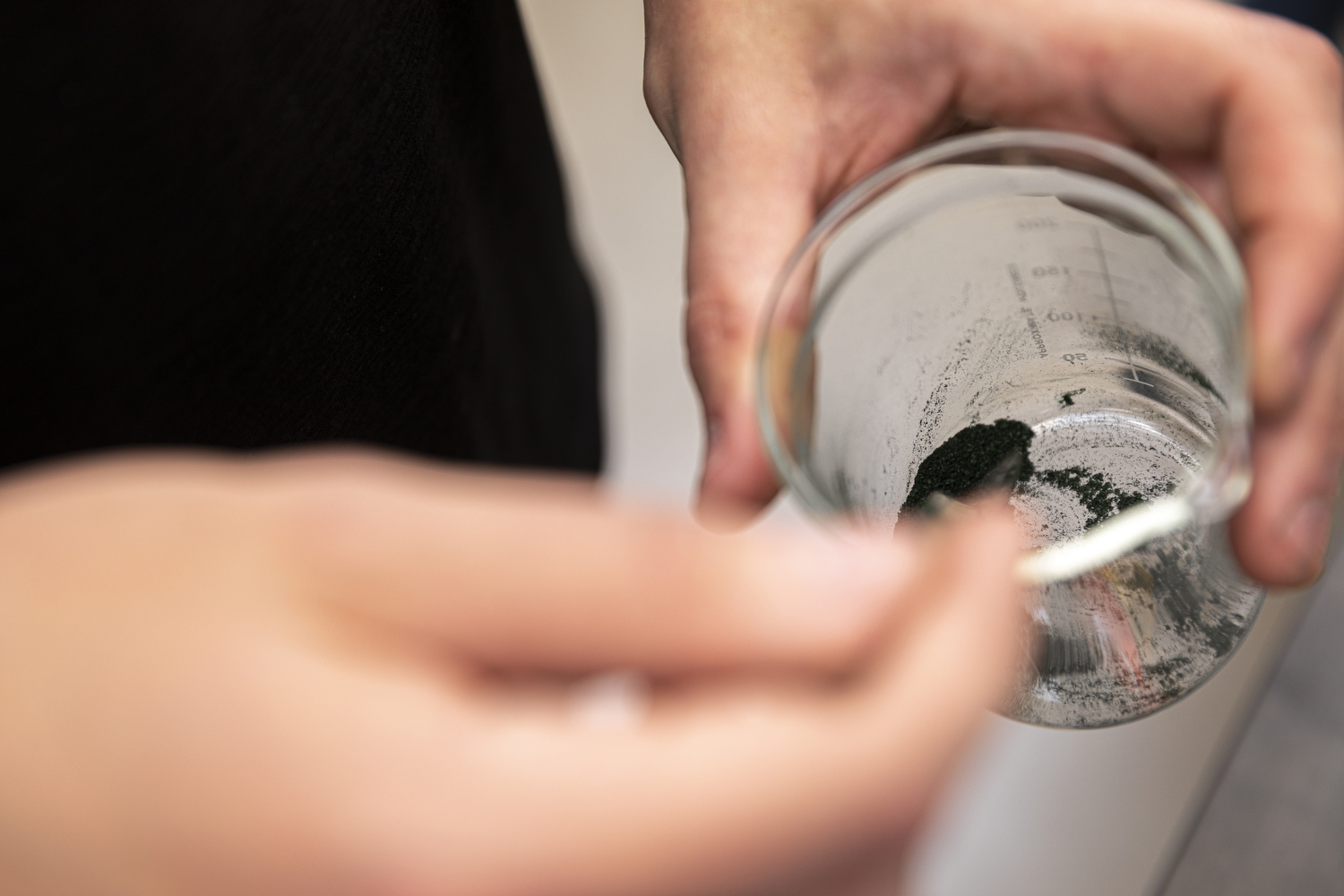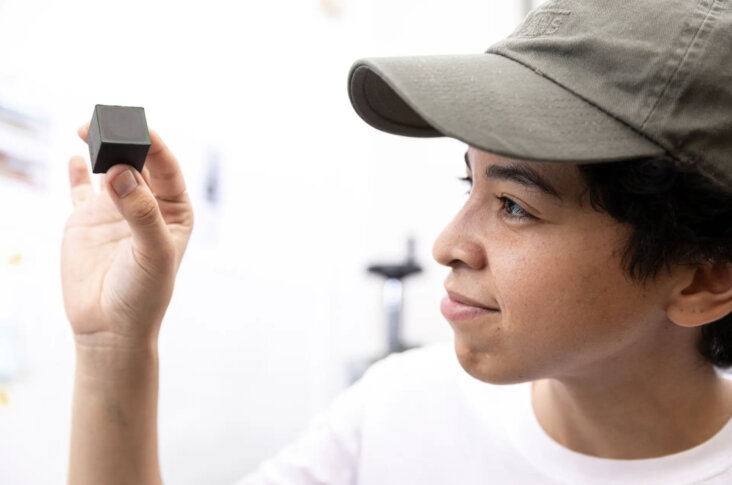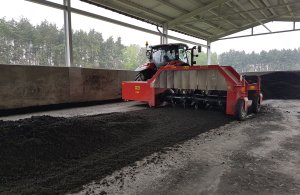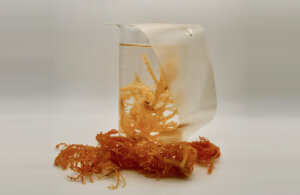Bioplastics made from powdered blue-green cyanobacteria cells, otherwise known as spirulina. (Credit: Mark Stone/University of Washington)
Researchers at the University of Washington have created bioplastics using powdered blue-green cyanobacteria cells, known as spirulina, that degrade on the same timescale as a banana peel in a backyard compost bin. According to an article on the University's website, the bioplastics, formed through heat and pressure, exhibit mechanical properties comparable to single-use, petroleum-derived plastics. Spirulina's large-scale cultivation potential, carbon-neutral nature, and fire-resistant properties make it an ideal feedstock for plastics.
“We were motivated to create bioplastics that are both bio-derived and biodegradable in our backyards, while also being processable, scalable and recyclable,” said senior author Eleftheria Roumeli, UW assistant professor of materials science and engineering. “The bioplastics we have developed, using only spirulina, not only have a degradation profile similar to organic waste, but also are on average 10 times stronger and stiffer than previously reported spirulina bioplastics. These properties open up new possibilities for the practical application of spirulina-based plastics in various industries, including disposable food packaging or household plastics, such as bottles or trays.”

The utilization of spirulina for bioplastic production comes with the advantage of its inherent fire-resistant properties. (Credit: Mark Stone/University of Washington)










